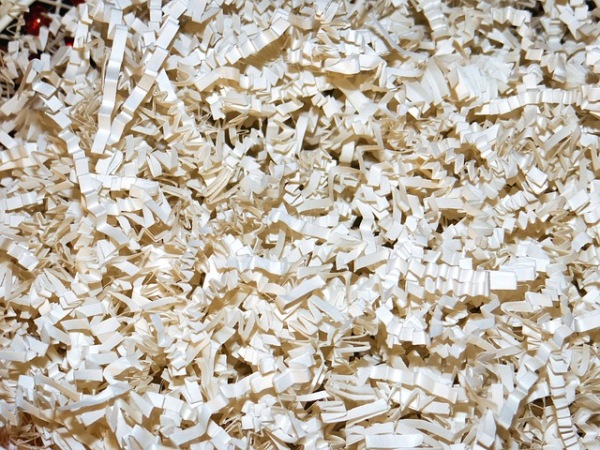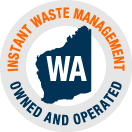What to Do with Excess or Outdated Stock
16 January 2017

No matter how hard you work to keep your inventory inflows and outflows perfectly balanced, at some point you are going to run into the problem of having more stock than you can sell at market prices, or outdated products that you have to get rid of. While simply tossing your slow & deleted stock in the trash may seem like a simple solution, this option isn’t ethical.
In Western Australia alone, businesses and households together create more than eight million tonnes of waste every year. The state is currently falling below landfill diversion targets, with only 42 percent of waste not ending up in landfills.
Throwing out your extra or outdated products may not even be possible if your stock is considered controlled waste or if your waste could end up in the water or air. Western Australia has strict laws concerning the indiscriminate discharge of waste, which could seep into public waters or in any way harm the environment. Any offences can lead to heavy fines.
Here are some options to ensure that you are taking care of your slow & deleted stock in a responsible manner.
Sell at a Substantial Discount
In some industries, even if you have extra stock on your shelves, you can still sell to the consumer. For example, with last season clothing, furniture, or housewares, you can offer your items at extremely low prices in order to encourage customers to buy. You may not make a profit, but at least you can move your product and make room in your warehouse for the new items that you want to sell at market price.
Donate Your Items
For businesses with goods and products that won’t diminish in quality over time, again such as clothing, furniture and homewares, as well as school and art supplies and most toys, you can also reach out to local organisations who could accept the goods as donations. This way your business can help out the community, clear out excess stock in a responsible manner, and you may even be able to write off your donation on your company taxes. You can get in touch with homeless shelters, community centres, schools and churches in your area and find out which organisations you can set up a working relationship with whenever you have too much stock on your shelves.
Recycling Excess Stock
Depending on what type of stock that you have, you may be able to recycle your extra items. And depending where in Australia your warehouse is situated, you may be able to make some money from recycling certain materials. Different states in Australia have varying incentives for recycling items such as glass bottles, plastic bottles and aluminium cans, so look into recycling incentives in states relevant to your warehouse location.
Responsibly dispose of stock
Despite your efforts to sell, donate or recycle stock, often-times disposal of stock is the only option for most businesses. This is important if you are in an industry where you wouldn’t want your stock to get into the wrong hands; if your product ends up on the black market, your business could be found liable.
For many businesses too, excess and outdated stock needs to be taken care of by an industrial waste management team. Perhaps your stock could harm the environment, such as if it is in liquid form and could enter the water. Hazardous waste, such as any chemicals, oils, spoiled foods, contaminated materials, and hydrocarbons needs to be taken care of by a waste management company that has been authorised to remove hazardous waste.
At Instant Waste Management, we can take care of your excess stock in the most sustainable and safest way possible. We can even help you determine if your waste is hazardous or not and develop a practical action plan to make managing your overflows simple, efficient and responsible. Get in touch with a member from our team today for a free consultation.









